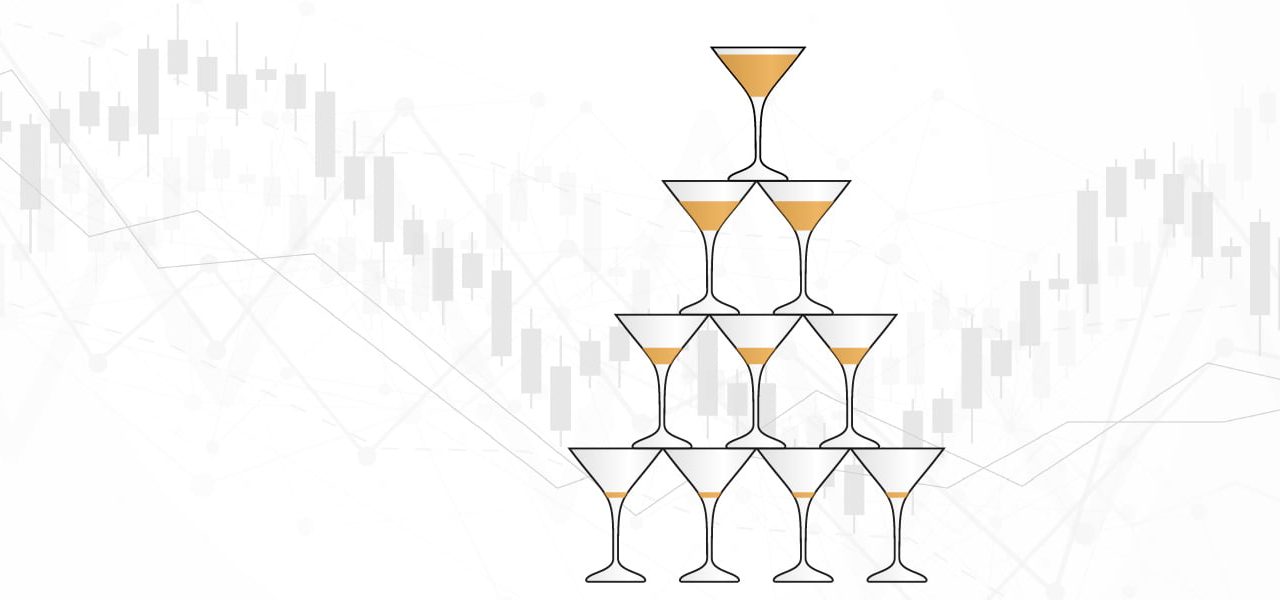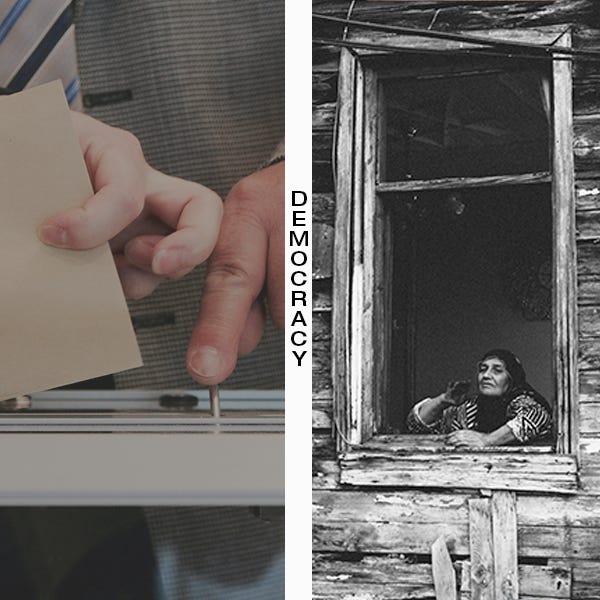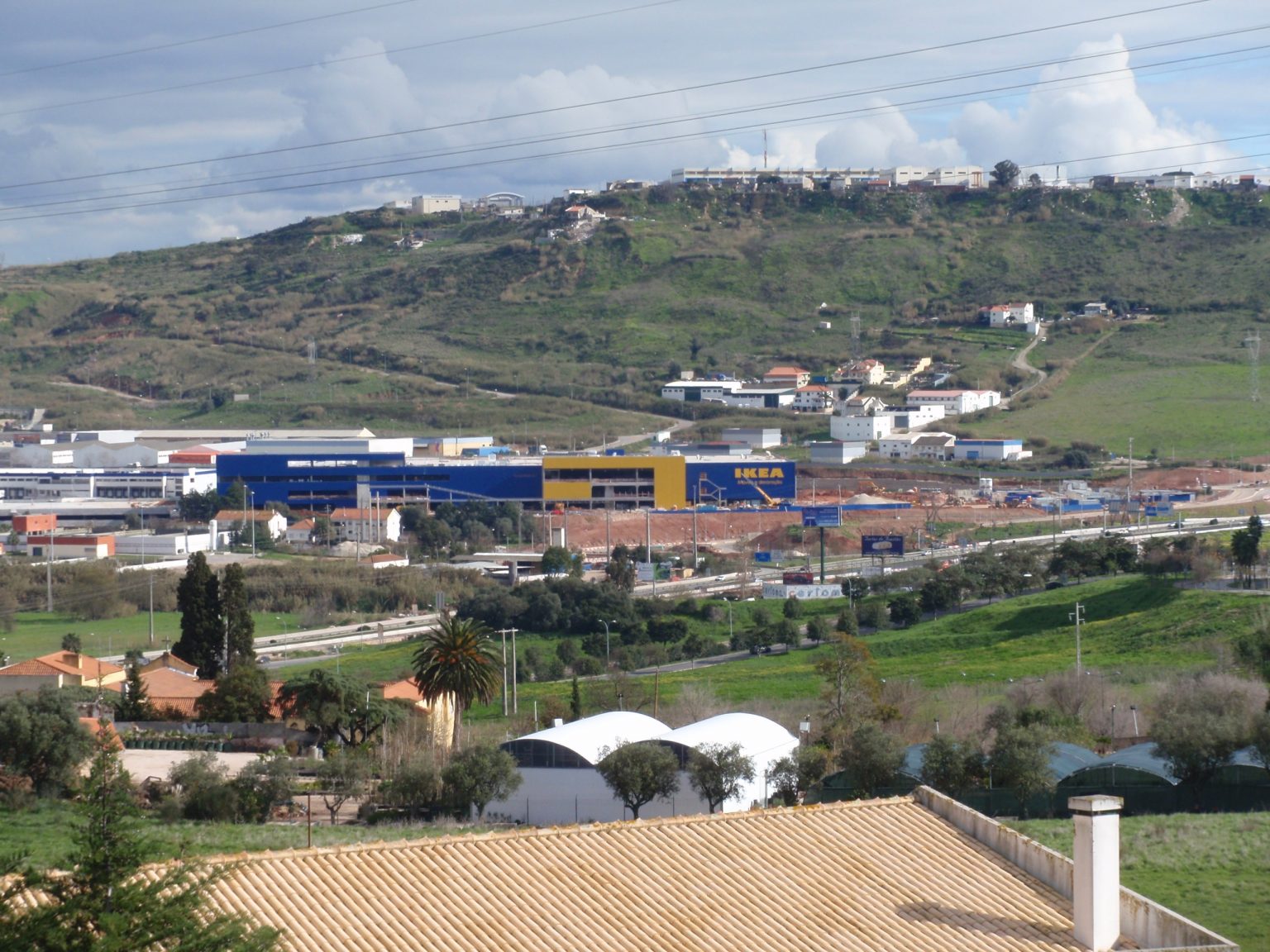As the new elite tells us, it is benevolent, wants to do good, wants to save the plant, assist the poor, do something for the environment, etc. However, the underlying facts that make the elite the elite tell a rather different story. The average income of the top ten percent of Americans has doubled since 1980. Yet the wealth of the top 1% has more than tripled. The riches of the small group of the super-rich – just 0.001% of the population – has risen more than sevenfold. At the same the time, the average income of the bottom 50% of Americans has stayed almost precisely the same.
In 1940s, 90% of American had a very good chance of having better lives than their parents. By 1984, only 70% has such an outlook. Since then, the wealth of the world’s billionaires has more than doubled and according to Oxfam, the rich are getting richer. This has been deliberately engineered by neoliberalism and its political henchmen. The recent the Coronavirus pandemic is likely to turbo-charge the vacuuming up of wealth by the global elite.
Undeterred, the new elite fosters its networks – albeit temporarily interrupted by the Coronavirus pandemic – at global get-togethers like the Aspen Institute, the Clinton Global Initiative, the Davos Meeting and various other locations with a sufficient capacity to house a substantial number of private jets.
The significance of the good-doing new elite can easily be detected when even institutions like the Boston Consulting Group pledges, to change the world for both our social sector and our commercial clients. Morgan Stanley now believes, capital creates change while Forbes nominates 27 companies and corporations that changed the world.
This is the new elite that – unlike the old elite – claims that it will do good. Some of the good-doing elite truly believe their very own ideology to do good. They are the self-appointed heroes of philanthropy just like the infamously good Sackler family. When it speaks, the good-doing elite speaks the deceptive language of making the world a better place, of changing the world, of improving people’s lives, etc.
Unlike the old elite of the Rockefellers and Vanderbilts, the Carnegies and other robber barons, today’s good-doing elite is much more socially and environmentally minded compared to their predecessors. Historically, the good-doing elite displays an unprecedented level of social awareness.
While publicly displaying their social mindfulness, the good-doing elite is interested in keeping things as they are. The good-doing elite follows the motto: if we want things to stay as they are, things will have to change. In other words, if we want to keep our wealth, our corporations and corporate capitalism running, we have to pretend to help the poor, the developing world, and the environment.
In the long run this will secure the good-doing elite’s survival, wealth and superior position. It will protect the good-doing elite from revolts the and pitch forks of the rebellious poor. Something that has been outlined so tellingly by fellow billionaire Nick Hanauer. How this is done is best explained through these three key issues:
- the first key to understanding the good-doing elite is to realize that changing things means changing those things only at the surface so that underneath, in reality and in practice, nothing changes at all;
- the second key is realize that for the good-doing elite, the only thing better than controlling money and power is to control the efforts to question the distribution of money and power;
- the third key is to understand the true magnitude of words of Edward Bernays when saying, the significant revolution of modern times is not industrial or economic or political but the revolution which is taking place in the art of creating consent among the governed.
By governing the “to be governed”, the good-doing elite means an elite-led, market-led, market friendly, keep-the-winners-safe sort of social and environmental change. It is like trying to solve today’s problems with the tools and the people that have caused these problems in the first place. The task of the good-doing elite is to keep those people at bay who have been completely shut off from economic growth since the 1970s. More than Donald Trump, Joe Biden will deliver that.
Global wage stagnation, poverty, worldwide misery and the on-going pathologies of capitalism are not really issues for the good-doing elite. Instead, they believe that today’s problems are too hard for governments to solve. Hence, only partnerships between rich donors, NGOs and the public sector can solve them. In their grand vision, all sides have to show an entrepreneurial spirit adhering to one of the most important overall ideology of the good-doing elite: the win-win situation where everyone is a winner.
For the good-doing elite, this also means to improve people’s lives, everyone needs to be more productive. The fact that hourly compensation for the vast majority of workers has not risen in line with economy-wide productivity since 1973 is of no concern for the good-doing elite. The systematic and deliberately engineered decoupling of productivity and wages is simply excluded from the mind-set of the good-doing elite.
Similarly, the good-doing elite is not bothered by the fact that workers have become 72% more productive between 1973 and 2014. Yet the media workers’ pay rose only by 9%. Worse, the disconnect between wages and productivity gains has not flowed on to workers but into the pockets of companies and corporations as well as the people of the good-doing elite.
The ideology of a trickle-down economy camouflages this just as well as the “rising tide lifts all-boats” ideology that in reality means those who do the rowing are left behind to work while the yachts of the elite are getting ever more large and expensive. To camouflage this, business schools are always a handy supplier of the right ideology. Business schools trumpet the ideology that business acting as business are the most power force for addressing the pressing issues we face. Books like Conscious Capitalism and Philanthrocapitalism add further to the ideology of entrepreneurship-equals-humanitarianism.
Meanwhile those denigrated as left-behinders are not only left behind they are also deemed to be people who simply don’t like change. Mostly, these are people living in suburban small towns and rural areas. The left-behinders are also seen as people who don’t want to work twenty-four hours a day. They don’t like to invent and create. Unlike them, the good-doing elite never questions how the elite has accumulated their wealth and personal status since they are willing to help to make the world a better place. This phrase is repeated over and over again by the good-doing elite who blend out the numerous and very structural breakdowns in capitalism’s machinery of supposedly endless progress, eternal growth and the pathologies capitalism causes:
- an insufficient health care system;
- the problem of exorbitantly expensive mediation and drugs;
- a housing shortage and a shrinking pool of affordable housing;
- an underfinanced public transport system that is falling apart;
- wage and labor laws set against workers and trade unions;
- obesity caused by the food system and the rise of food deserts;
- a rising student debt crisis hitting the middle class while excluding the working class;
- corporate America stabilized its wealth while off-loading uncertainty onto workers;
- the fact that shareholders run companies for themselves to the detriment of stakeholder.
Instead of facing up to these realities, the good-doing elite focuses on changing to prosper in business. Simultaneously, the good-doing elite has invented so-called thought leaders. It favours institutions like the Bitcoin Foundation, Change.org, Toms Shoes, etc. in the unquavering believe that business is the dominant force and that business can change the lives of millions around the world.
Historically, much of this is actually new. As a matter of fact, the ideology of the good-doing elite is not much more than a reframing of an older and rather successful ideology which follows a proven propaganda trick of on older and now somewhat out-dated elite. Today’s good-doing technology elite of the Internet – Zuckerberg, etc. – mirrors the Rockefellers, Vanderbilts, Henry Fords and Carnegies of the past.
The Internet barons of today have also amassed giant fortunes. They have building the infrastructure of a new age – the Age of the Internet. Just as their predecessors, they too claim to operate in the service of civilization. Nevertheless, then as today the elite calls trade unions a cartel while they themselves run cartels and monopolies:
- one monopoly for that organises the Internet (Google),
- one monopoly that connects people on the Internet (Facebook),
- one monopoly that does the shopping on the Internet (Amazon),
- one monopoly that make your computer work (Microsoft),
- one monopoly that shows videos (YouTube). This list goes on.
While announcing to make the world a better place, the good-doing elite rejects democracy at least inside their vast networks of companies and corporations. Corporate management remains non-democratic, if not outright anti-democratic. Yet the good-doing elite also fights against democratic regulations that would, for example, give trade unions assess to workplace – their workplaces.
To camouflage their strong anti-union stance, the good-doing elite uses the language of sharing and caring. It dresses up the harsh reality of, for example, the inhumane working conditions in Amazon warehouses and the fact that many of these companies and corporations have established fully fledged monopolies. Yet the good-doing elite likes to present itself as the underdog fighting the good fight.
One who fights the good fight is $125-billion-dollar-man Bill Gates. Even if his divorce will cost him $124 billion, with $1 billion –$1,000,000,000– Mr Gates is unlikely to starve and he will not worry about his next pay-check by the end of the week. Multi-billion dollar Techno-man Gates thoroughly believes that technology – especially his! – will solve the world’s problems.
Gates has convinced himself that, the world may be cruel and unfair, but if you sprinkle seeds of technology on it, shoots of equality will sprout. If every girl in Afghanistan had a smartphone and if every classroom were linked to the Web the world would be a better place. The same is true for global warming which Gates sees as merely a technical problem.
Unsurprisingly, the good-doing elite of Uber and Airbnb agree. Airbnb advocates that anyone can rent out their home, apartment or second home and make money. Uber makes it possible that virtually anyone going through financial hardship can simply download an App and can start making money.
Simple: world poverty and the rising gap between rich and poor in virtually all countries around the world can easily be solved – by downloading an App and starting driving. The good-doing elite truly believes in their own fairytales. Yet the Internet barons and the good-doing elite are no longer content with making their dent in the universe – the good-doing elite wants to own the universe. In terms of the Internet universe, they have largely succeeded – while doing “good”.
At the same time, the good-doing elite propagate a carefully styled image of the young rebel resisting authority. Of course, this is not the authority of management that runs their corporations. It is the authority of the democratic state. It never is the authority of capitalism and the market. The self-styled entrepreneur-rebels of the good-doing elite are seeking to overturn a major project of the Enlightenment, namely the development of universal rules that applied evenly to all. They seek one rule for the good-doing elite and one rule for everyone else.
Those non-elites are deemed “everyone else”. They are expected the show resilience – a concept that recently became highly fashionable. The good-doing elite argues that there is no need to solve the world’s problems like global poverty, civil war, the global refugee crisis, global warming, etc. The key to all this is living with them and making yourself resilient. The good-doing elite focuses on psychology and the individual rather than the pathologies of capitalism.
Not surprisingly, the good-doing elite has created an entirely industry, the resilience industry. It helps individuals, organizations, and businesses to be resilient. This fits rather neatly into the ideological menu of its thought leaders. These have almost replaced what once was called the public intellectual.
In contrast to a sober and independent analysis and critique issued by intellectuals, the thought leaders of the good-doing elite tell positive stories. They are uplifting, optimistic and forward looking. Happily, they give endless TED talks, write easy digestible books and present the ideas of the good-doing elite. Yet They have no space for criticism and negativity. These thought leaders are useful for the good-doing elite. Public intellectuals can create a serious threat to the good-doing elite – such as, for example, writing critical articles about the good-doing elite – while though leaders enhance the values of the good-doing elite.
Public intellectuals can be “system challenging”. Meanwhile thought leaders provide “system correctives”. The latter enables capitalism to function even better. The thought leaders of the good-doing elite are wined and dined. They are cheerfully invited to feature as teachers of the good-doing elite and server as suppliers of ideologies and pro-business themes and arguments.
They are furnished with generous professorships in top business schools and employed by image-driven universities. They testify to the Sinclair dictum, it is difficult to get a man to understand something when his salary depends upon his not understanding it. Happily, they use ideologies like business ethics and corporate social responsibility to pretend their corporations are good corporate citizens – another ideology.
They work hard on the global gig-circle of “Big Idea” presented at specific gatherings. They fill the stages of TED conferences, appear on the Aspen Ideas Festival and the Milken Institute. They publish in The Atlantic and adjacent outlets approved by the good-doing elite. In Sydney, its key gathering is called Festival of Dangerous Ideas held in the prestigious Opera House. The festival has only one entry requirement: that you never had a dangerous idea.
The thought leaders of the good-doing elite present a positive image that is unthreatening to companies, corporations and corporate capitalism. They are largely silent on the pathologies of capitalism. On those rare occasions when they mention a mild review of capitalism, win-win solutions are immediately offered.
They present themselves as hands-on problem-solvers and finding plausible-looking win-win solutions. The thought leaders of the good-doing elite have even convinced the wider public that they are the true change agents of our time. Meanwhile, they are sugarcoating the global problems we face. In a plausible but circular logic, they are the solution to our problems and therefore are not the problem.
The ideology of the thought leaders of the good-doing elite can be summed up in the words of the Brazilian Catholic archbishop Dom Hélder Pessoa Câmara, when I fed the poor, they called me a saint. When I asked, why are they poor, they called me a communist. The thought leaders of the good-doing elite always feed the poor and they never ask why are they poor?
Neither the thought leaders nor the good-doing elite can be called communists. Instead, they hand out soup to the poor and save the world. More importantly, they sandpaper the pathologies of capitalism and make corporations and corporate capitalism look good, acceptable and even natural.
This article was published on 9 June 2021 at ZComm.
The Barricade is an independent platform, which is supported financially by its readers. If you have enjoyed reading this article, support The Barricade’s existence! See how you can help – here! Also, you can subscribe to our Patreon page.
The Barricade also has a booming Telegram channel, a Twitter account and a YouTube channel, where all the podcasts are hosted. It can also be followed in Rumble, Spotify, SoundCloud and Instagram.











